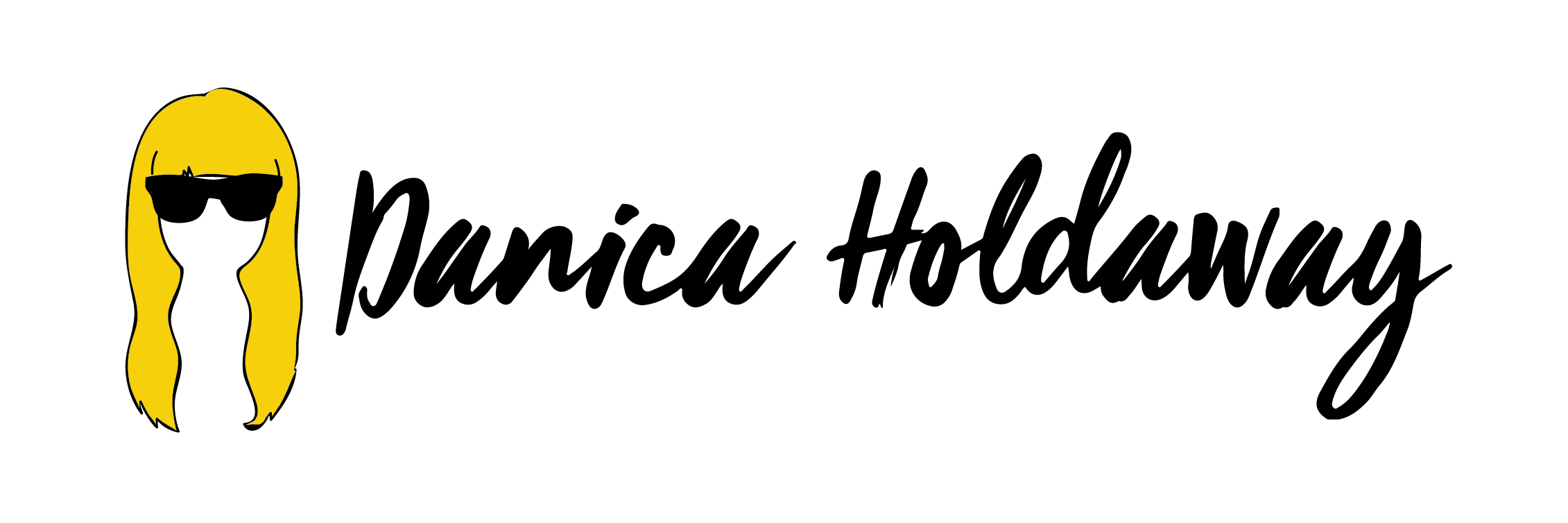Lately, I’m seeing this phenomenon a LOT. It’s not new. It’s not exclusive to these current events. It’s just really popping off.
Call it commitment.
Call it cognitive dissonance.
Call it a conspiracy.
It’s the rejection of new information that doesn’t fit our narrative. (Trump lost.)
It’s when we find out someone we love and support did something bad. (Lizzo… you broke my heart.)
It’s when an organization we’ve supported has been exposed for its misconduct. (O.U.R.)
It’s when two things you love are suddenly at odds, mutually exclusive, or in direct conflict with one another—and you have to choose. (Tim Ballard vs. The LDS Church)
It’s when you find out that someone knows more than you do about something that’s YOURS. (A family member is a child abuser. A documentary about your faith.)
What do you do?
Do you fill with hot air immediately, drafting arguments, X-ing out of news articles, ideating over potential conspiracies, stretching for your mental gymnastics? That’s what I do.
At first.
Do you take a deep breath? Sit with it? Consider it might be true?
Then.
Do you ask yourself what this could mean for yourself? For others?
And finally.
Do you draw your own line?

Adam Grant says that your own personal compass is key any time you’re part of an organization or group. This goes for fandoms, faiths, families, friendships. It’s really, SCARILY easy to get swept downstream when you’re part of a group. Handing over all of your allegiance to imperfect people and organizations is how bad things (including cults!!!!!) happen.
Adam Grant says you need to decide for yourself… when would I stop? When would I step away? When would I speak up? What is my personal line in the sand?
If there was documented evidence of any kind of sexual/financial/physical/emotional abuse by your hero, what would you do?
If your beloved soccer coach or Boy Scout leader or favorite neighbor was abusing the kids within their care, would you rush to defend them? Look at the evidence? Believe the victims? Withhold judgment until you could learn more?
If your therapist told you to make your husband sleep on the floor, would you?
If your coworker was promoted to corporate and designed a new website and made you list all of your sales as sales made by the website, would you speak up or wait for him to get arrested?
If your church condemns something or someone you love, which do you choose? Why? When or what things would be sacrosanct?
Lori Vallow & Chad Daybell justified a hell of a lot in the name of their spiritual commitments.
Trump supporters stormed the Capitol, resulting in deaths, injuries, and a mountain of criminal charges.
The cancel culture of the liberal media has become the judge, jury, and executioner for misbehavior of anyone in the spotlight—at a breakneck pace.
We just marked the anniversary of 9/11, where strongly believing Islamic terrorists took their beliefs as far as they could possibly go.
So… when? When should they have pulled back? When do you say when?
Annie Duke writes in Quit that we need “kill criteria” and that it’s important that we determine the before or early in a path of determination, so we don’t get strapped with the sunk cost fallacy—which keeps us investing in things even when we KNOW they’re failing. We’re supposed to develop a range of signals or benchmarks that tell us something is failing or heading in the wrong direction. Like a daily quiz or midterm exams.
Maybe we decide that we’ll quit a job as soon as it starts affecting us outside of work—even if it pays us really well.
Maybe we decide that we’ll break up with a guy if he displays a misogynistic attitude about women—even if he treats US really well.
Maybe we decide that we’ll stop giving money to a nonprofit if they don’t publish their finances in a transparent way—even if we love their mission.
Maybe we decide that we’ll leave an organization or club if they ask us to do something that feels wrong—even if they have reasons why it’s actually right.
What’s your line?
When do you say when?
We have to have a line. We have to say there is a limit to what we’ll do and the loyalty we’ll offer to a person, an organization, or an idea. Otherwise, our agency is forfeit.
The moment you say “I’d do anything for this particular Klondike bar!” I’m scared.
If the prophet gets up in conference, on that crisp, cozy fall morning in October, and says that we all need to kill our firstborn children, would you do it? You laugh. But Lori Vallow is Exhibit A. The Bible is Exhibit B.
If your boss says that we need to cook the books just for this quarter or everyone will lose their jobs, would you do it? You laugh. But it happens ALL THE TIME.
If your hero says that you have to get in the shower with him in order to save the trafficked children, would you do it? You laugh. But at least 7 women are now on record accusing Tim Ballard of such.
It may seem silly.
It may seem ridiculous.
I think it’s a valuable exercise.
When would you become the whistleblower at work?
When would you stop following the Prophet?
When would you leave your spouse?
When would you go no contact with your family?
When would you quit your kids’ extracurricular activity?
When?
When?
When?

